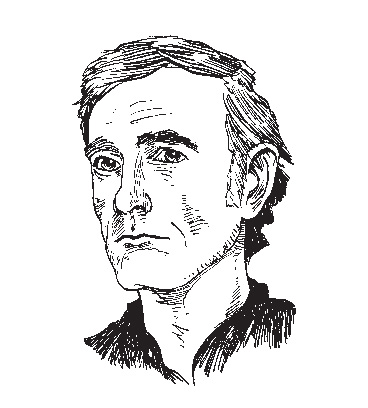I met John Sayles, the man sometimes referred to as the godfather of bootstrap cinema, in an old Irish pub in the Hell’s Kitchen neighborhood of Manhattan. Over the course of an afternoon, we pored over Sayles’s entire creative life, beginning with his current film, Honeydripper, and going all the way back to his stint as a screenwriter for the “king of the B’s” Roger Corman. Considered the cinematic heir of John Cassavetes, Sayles played a pivotal role in launching a new independent-film movement with his first film, Return of the Secaucus Seven (1980). Since then, he has released fifteen more feature films, all of which he wrote, directed, and edited. In the interim, Sayles earns money to finance his films by working on Hollywood screenplays, such as Ron Howard’s Apollo 13, Guillermo del Toro’s Mimic, and the recent Spiderwick Chronicles, based on the popular children’s fantasy books.
Characterized by what some describe as a lunch-pail populism, Sayles’s films vary in subject but are unified by their deep-rooted social consciousness and hopefulness. Sayles’s expansive social panoramas and thoughtfully rendered characters illustrate how various social issues—class (Casa de los Babys), labor (Matewan, Eight Men Out), gender (Lianna), generation (Return of the Secaucus Seven, City of Hope), race (The Brother from Another Planet), culture (Men with Guns, Lone Star), and politics (Silver City)—produce people who are marginalized by an American culture that worships the notion of the individual.
You have reached your article limit
Sign up for a digital subscription and continue reading all new issues, plus our entire archives, for just $1.50/month.
Already a subscriber? Sign in





